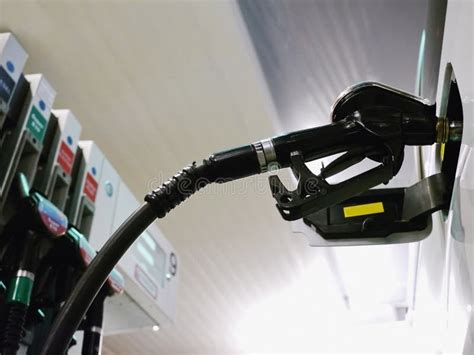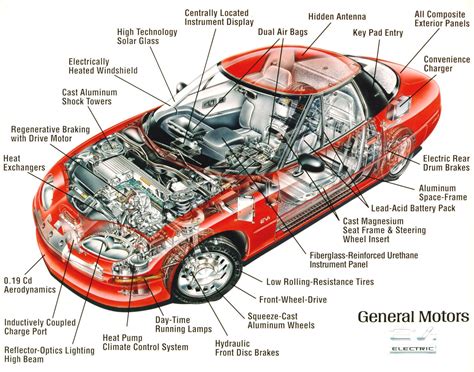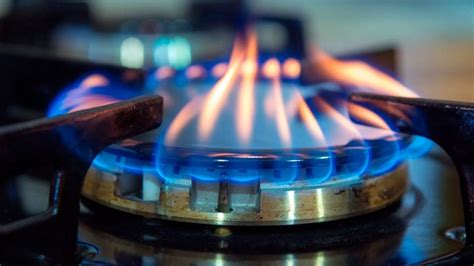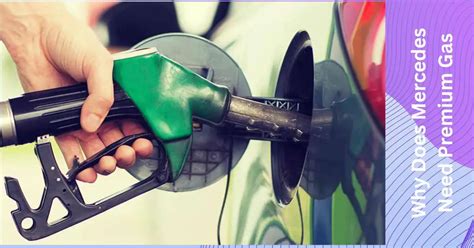Unraveling the Premium Gas Debate for Men
For many men, the choice at the gas pump often comes down to a quick decision between regular and premium fuel. Beyond the price difference, there’s a lingering question: does premium gas actually offer tangible benefits for everyday drivers, specifically concerning improved fuel economy (MPG) and long-term engine health?
This article aims to cut through the marketing hype and common misconceptions, providing a clear, evidence-based perspective on whether investing in higher-octane fuel is a worthwhile endeavor for your vehicle.

What is Premium Gas and Octane Rating?
At its core, the primary difference between regular and premium gasoline is its octane rating. Octane is a measure of a fuel’s resistance to “knocking” or “pinging” – a phenomenon where the fuel-air mixture ignites prematurely in the engine’s cylinders. Regular unleaded gas typically has an 87 octane rating, while premium ranges from 91 to 93 octane, depending on the region.
It’s crucial to understand that higher octane doesn’t mean more energy or a “cleaner” fuel. It simply indicates a greater ability to withstand compression before igniting. This characteristic is vital for high-compression engines, typically found in sports cars, luxury vehicles, or turbocharged/supercharged models, which are engineered to operate with higher pressures.
The MPG Myth: Does Premium Gas Boost Fuel Economy?
One of the most persistent myths surrounding premium gas is that it will inherently improve your vehicle’s miles per gallon (MPG). For the vast majority of vehicles, this is simply not true. If your car’s manufacturer recommends 87 octane regular unleaded, using premium 91 or 93 octane fuel will not yield better fuel efficiency.
Engines are designed to operate optimally with a specific octane level. Modern cars have sophisticated engine control units (ECUs) that can detect knocking and adjust timing to compensate. While an engine designed for regular gas might slightly retune itself when premium is used, this adjustment typically does not translate into a measurable MPG increase, and any perceived difference is usually negligible compared to the increased cost per gallon.

Engine Health: A Real Benefit or Overkill?
For vehicles explicitly requiring premium fuel (e.g., “Premium Fuel ONLY” on the gas cap or in the owner’s manual), using the correct octane is critical for engine health. These engines rely on the higher octane to prevent pre-ignition and knocking, which can lead to long-term engine damage, reduced performance, and even costly repairs.
However, for vehicles designed for regular fuel, consistently using premium gas offers no additional engine health benefits. It will not “clean” your engine better, reduce wear, or extend its lifespan beyond what regular fuel already achieves when used as recommended. The detergents and additives found in most modern fuels, regardless of octane, are sufficient for maintaining engine cleanliness.

When Premium Might Be Worth Considering (Even for Regular Cars)
There are very few scenarios where premium gas *might* be justifiable for a car designed for regular fuel:
- Persistent Knocking: If your engine, despite being designed for regular fuel, consistently exhibits knocking or pinging (a metallic rattling sound, especially under acceleration), a temporary switch to premium might mitigate the issue. However, this is usually a symptom of another problem that should be diagnosed by a mechanic.
- Towing or Heavy Loads (Rare): In extreme conditions, such as towing very heavy loads uphill in hot weather, some engines might benefit from the slightly higher knock resistance of premium fuel, though this is uncommon and usually covered by the manufacturer’s recommendations for such usage.
- Manufacturer Recommendation (Flex-Fuel/Recommended): Some vehicles “recommend” premium but “allow” regular. In these cases, using premium will likely yield the best performance and fuel economy as designed, while regular will result in slight performance degradation due to ECU adjustments.

The Verdict: Follow Your Owner’s Manual
For the vast majority of men driving vehicles designed for regular unleaded gasoline, consistently buying premium fuel is an unnecessary expense. You won’t see a significant boost in MPG, nor will you extend your engine’s lifespan or performance. The best advice remains simple and clear: consult your car’s owner’s manual.
If your manual specifies “regular unleaded” or “87 octane,” then that’s precisely what your engine needs to run efficiently and healthily. If it says “premium only” or “91+ octane required,” then paying for premium isn’t a luxury; it’s a necessity for optimal performance and to prevent potential damage. Save your money, and invest it in regular maintenance instead – that’s where the real benefits for engine health and longevity lie.





